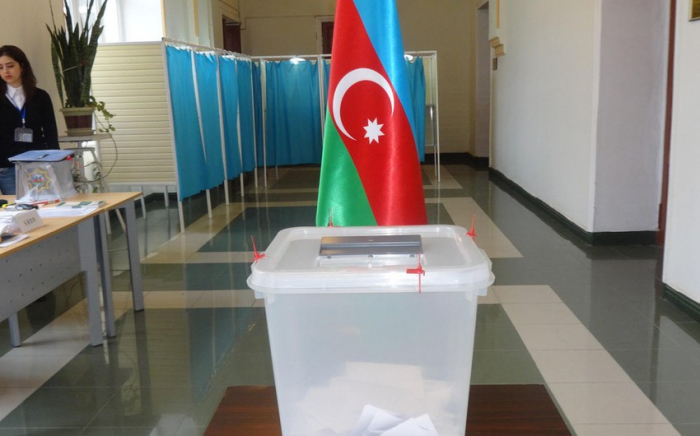Azerbaijan’s flawed snap parliamentary elections on Sunday delivered the predictable victory to the New Azerbaijan Party (YAP) of President Ilham Aliyev. At the same time, the other parties that qualified for seats in 125-seat Milli Majlis are puppet or pocket opposition groups. Also expected was the widespread evidence of fraud at dozens of polling stations under the same old methods that included multiple voting, ballot stuffing, and violence and pressure on independent and opposition observers. The country’s Parliament is a rubber-stamp body, as the real political power is tightly consolidated in the hands of President Aliyev.
“Azerbaijan has never held a free and fair election, and this one is no exception,” said Berit Lindeman, Secretary General of the NHC. “In past years, Azerbaijan authorities have done their utmost to destroy civil society organizations, shut down independent media, maintain tight control over all aspects of public life, eliminate political opposition, and create a culture of fear and intimidation to prevent Azerbaijanis from speaking out. In such repressive conditions, free and fair elections are impossible. The people of Azerbaijan deserve to have a real voice and confidence in their country’s future by participating in genuine elections that are held without fraud and other unfair practices. Until the political prisoners are released and suppression of the political opponents and critics is stopped, no credible election resonating with the genuine will of the Azerbaijani people will take place in the country.”
All the elections have been marred by fraud and irregularities since the country gained independence from the USSR in 1991. Each round of flawed elections had been a lost opportunity for Azerbaijan to step away from post-Soviet autocracy towards democracy. President Aliyev was reelected to another seven-year term in a snap poll in February 2023 that was widely deemed. Popular apathy and the low turnouts suggest citizens’ serious disenchantment with a political system that has repeatedly produced sham elections. Through systematic repression, the government has effectively diminished public trust in the country’s electoral process.
The Sunday elections took place amidst a tightly controlled climate of fear and repression designed to muzzle any freedom of expression, suppress peaceful assembly, and cement the government’s already ironclad control over society. Massive numbers of videos that appeared viral on social media on Election Day showed the same voters casting ballots more than once in various polling stations. Other clips showed schoolteachers and other junior and middle civil servant employees saying they were told to vote for the ruling party. The CCTV cameras in several polling stations showed members of electoral commissions stuffing multiple ballots into the ballot boxes. The Central Elections Commission, which the government tightly controls, said it had received no reports of ballot box stuffing but said the alleged violations would be “thoroughly investigated”.
The Organization for Security and Co-operation in Europe (OSCE), the region’s most authoritative election monitoring body, criticized the Sunday’s vote, saying it had fallen short of democratic standards. “These elections took place in a restrictive political and legal environment, the consequence of which was a lack of political pluralism coupled with the subdued and low-key campaign, all of which undermined the electoral process.” The organization’s statement also said that “against the background of continued repression of dissenting voices, the campaign was barely visible, and efforts were not made to engage citizens or enable them to participate without fear of retribution.”
